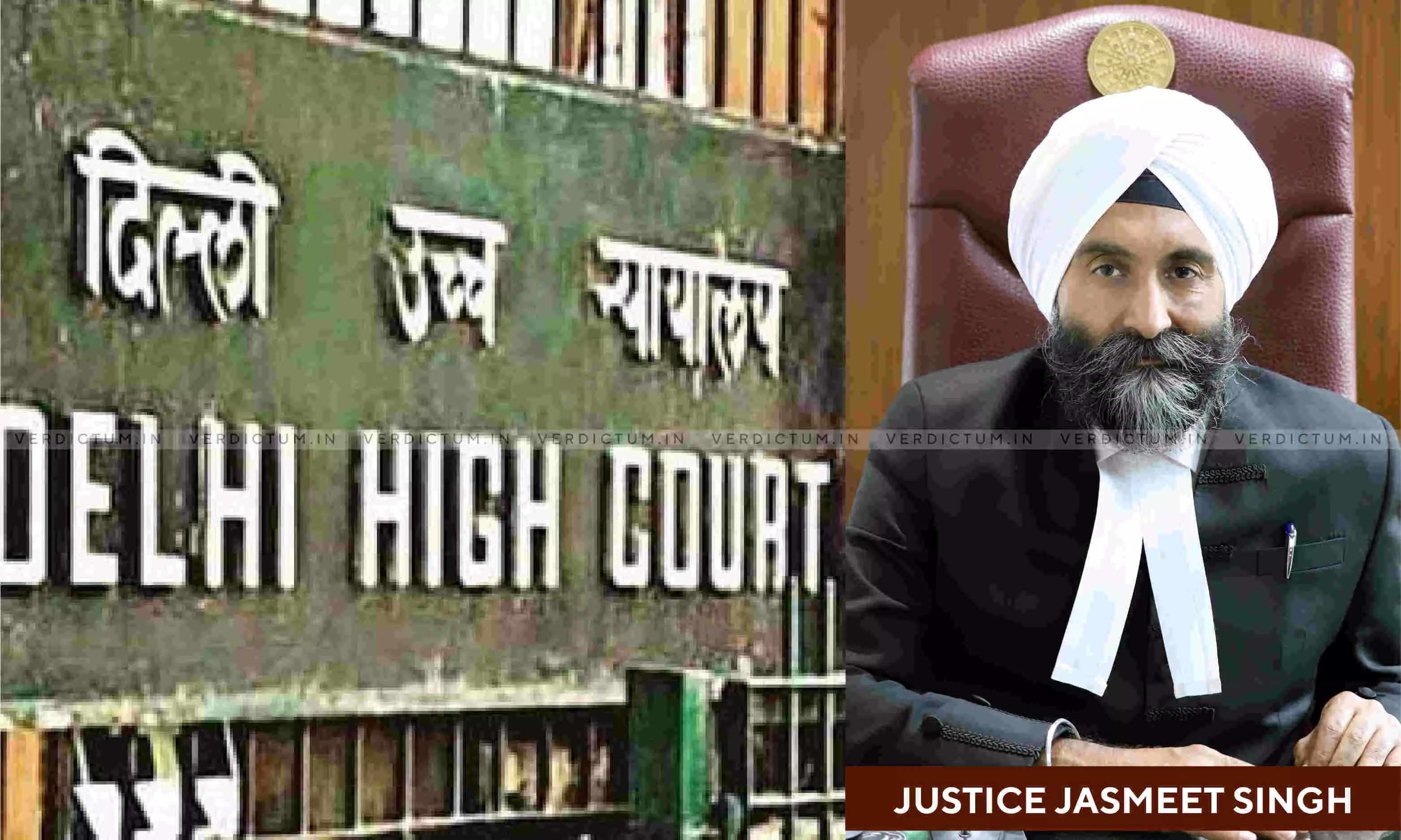
Infliction Of Multiple Blows Not Necessary To Draw Offence Of Murder: Delhi HC Rules Single Blow Can Constitute Offence U/s 302 IPC
 |
|While dismissing a petition challenging the framing of a murder charge against a Station House Officer (SHO) in connection with the death of a man, the Delhi High Court found from the medical opinion of doctors on record by a panel of seven doctors of repute that the nature of injury in the present case, was sufficient to cause death in the ordinary course of nature.
Hence, the High Court held that there was no infirmity in order framing charge against the Revisionist u/s 302 IPC.
A Single Judge Bench of Justice Jasmeet Singh observed that “It is extremely plausible for a person to die due to a single blow. Nowhere is it stated that the offence u/s 302 IPC must constitute the infliction of multiple blows or extensive bodily harm upon an individual”.
In the present case, the Bench further added that “the injury which was inflicted was on the head of the deceased, which is a sensitive and vital part of the body. Consequently, any forceful impact or injury to the head may culminate in the death of an individual. The fact whether the blow was sufficient to cause death in the ordinary course of nature and whether the Revisionist was aware of the same can be determined only after trial is led”.
Advocate R. Mohan appeared for the Petitioner, whereas Advocate Mridul Jain appeared for the Respondent.
The brief facts of the case were that an FIR was filed against SHO Jagat Narayan Singh (revisionist), as well as SI Akshaya Mishra, SI Vijay Mishra, and three other police officials. This FIR was lodged based on a complaint lodged by Smt. Meenakshi Gupta, who was the wife of the deceased, Manish Gupta. In this case, it was alleged that the deceased, Manish Gupta, along with two other individuals, had checked into Hotel Krishna Palace in Gorakhpur. During the night, the revisionist and other accused police officers arrived at the hotel. They inquired with the hotel manager and were informed that room No. 512 was occupied by three individuals from different districts of Uttar Pradesh and Haryana. This prompted the police officers to inspect the room. Upon entering the room, the revisionist requested the occupants to provide their identity cards and explain the purpose of their visit to Gorakhpur. Thereafter, the revisionist also asked the occupants to accompany them to the police station for further inquiry. When the deceased Manish Gupta protested being taken out of the room, it was claimed that the revisionist pushed the deceased's forehead against a wall. As a result, the deceased lost consciousness and fell on the floor. Subsequently, the revisionist, along with other police officials, took the unconscious man to the hospital, where he was declared dead. Later, the Trial Court framed charges against the revisionist under Section 302/323/325/201/218/149/34/120B IPC.
After considering the submission, the Bench found that the statement provided by the hotel manager was clear and unambiguous, as he had unequivocally stated that it was the revisionist, who had assaulted the deceased, resulting in him falling to the ground. The Bench emphasized that, at this stage, the statements of the hotel manager were sufficient to warrant the framing of charges against the revisionist.
The Bench further observed that the injury inflicted was on the deceased's head, which was a sensitive and critical part of the body, and therefore, any forceful impact or injury to the head could potentially lead to an individual's death.
The Bench emphasized that the determination of whether the blow inflicted was sufficient to cause death in the ordinary course of nature and whether the revisionist was aware of this can only be ascertained through a trial. At this preliminary stage, such arguments cannot serve as a basis for refraining from framing charges under Section 302.
The Bench pointed that there was a bodily injury inflicted, the injury was not unintentional or accidental, as the revisionist had consciously assaulted the deceased, and the nature of the injury was grievous, given that it occurred on a vital part of the body, namely the head.
Furthermore, observing that the injury was of a nature that could potentially cause death in the ordinary course of events, the High Court concluded that the essential elements of Section 300 of the IPC appeared to be prima facie satisfied in the present case.
Therefore, the High Court held that the Special Judge had correctly appreciated the facts in issue and the law on the subject and had also rightly sifted and weighed the material placed before him, and therefore, dismissed the petition.
Cause Title: Jagat Narayan v. Central Bureau of Investigation [Neutral Citation: 2023: DHC: 7058]
Click here to read/ download the Judgment